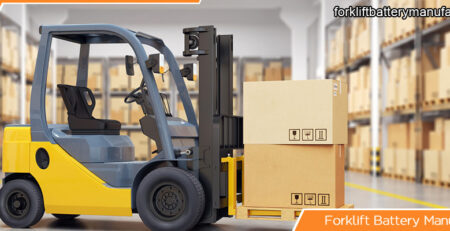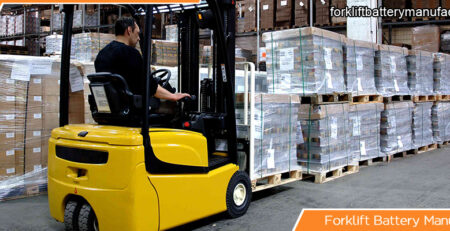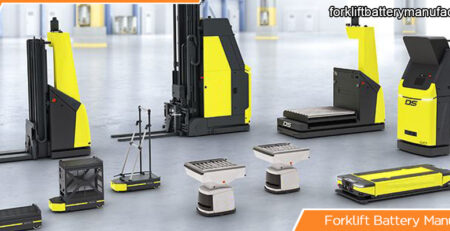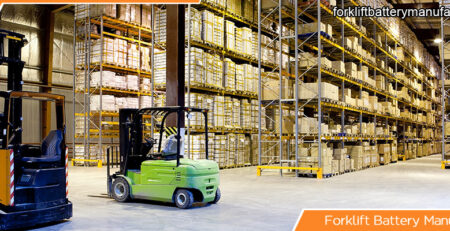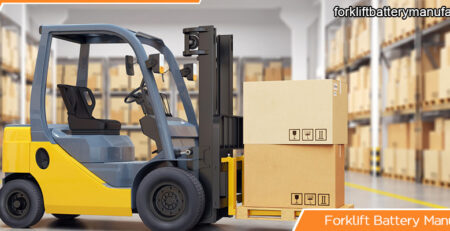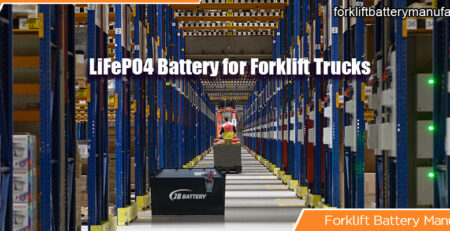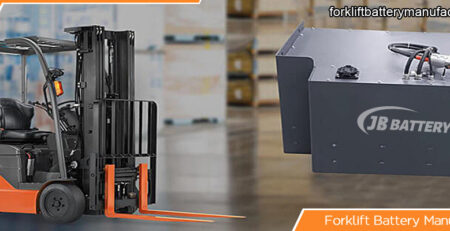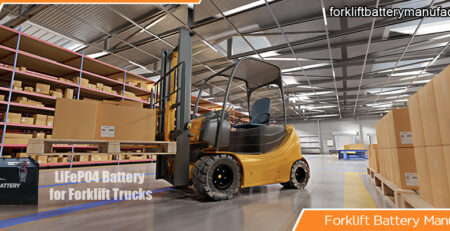Material Handling Industry Trends
We’re taking a look at a few of largest and most impactful current and future innovations in the material handling industry such as automation, digitalization, electrification and more. See how we believe these developing trends will impact material handling operations.
Last year, the material handling industry saw many changes in how it operates. The pandemic has exposed vulnerabilities in the supply chain, but it also has accelerated technology innovation and adoption. We have also seen a change in consumer behavior. The demand from customers who want to order online through e-commerce transactions has risen exponentially. This will continue to put pressure on manufacturing and distribution centers to continue innovating more than ever before. Here are some of the upcoming advancements we are foreseeing in 2021 and the coming years.
DIGITAL CONNECTIVITY
Digitalization of the supply chain, with the goal of creating a smart, efficient, and transparent supply chain ecosystem, continues to be a priority. Through connected devices that continuously collect and transmit data combined with the advanced analytics, these digital toolsets can optimize complex warehouse and transport processes and ensure increased uptime for customers. As it applies to material handling, one key aspect of digitalization is better management and optimization of fleets. The digital solutions can provide real-time, actionable data that can help track fleet utilization, manage the cost per hour and categorize the fleet for optimal performance among other benefits.
One of the biggest benefits in using lithium-ion batteries in an electric lift truck is the limitless design opportunities. Because lithium-ion batteries are not constrained to any particular shape, forklifts will no longer need to be designed around a battery box. This opens the door to new truck designs and possibilities.
E-COMMERCE EVOLUTION
E-commerce is rapidly transforming the way goods are warehoused and shipped. Ever increasing customer demand for fast (same day delivery), free (no shipping fee), flexible (smaller, frequent shipments) and transparent (order tracking and alerts) delivery expectations has highlighted the need for robust warehousing and distribution facilities.
The warehousing configuration and operations are in constant evolution with the rising e-commerce effect. The move away from bulk to smaller, more frequent orders has been transforming warehouse space to maximize storage and enable easier access to inventory often resulting in narrower aisles and taller shelves. This, in turn, augments the need for efficient material handling systems, equipment and technology that enables precise and efficient picking and navigation within the warehouse space.
AUTOMATION
The pandemic has accelerated the use of autonomous vehicles. Fewer workers on premises mean that warehouses are reliant on automated technology to help get orders out the door. While fully autonomous lift trucks carry a higher price tag than conventional trucks of similar type, they can bring payback by fully automating select workflows, especially repetitive transportation. Automating repetitive operations also frees up operators’ time, allowing them to focus on more value-added tasks. We offer a comprehensive range of automation solutions that helps customers maximize their resources for greater efficiency.
LITHIUM-ION BATTERIES
When it comes to alternate power sources, Lithium-ion battery solutions is one of the rapidly growing trends in the material handling industry. Improved energy efficiency, fast charging times, zero maintenance and extended life expectancy provides customers with the performance, uptime and reliability needed to run their operations efficiently. JB BATTERY is working good at this field, we offer the high performance LiFePO4 lithium-ion battery for the material handling industry.


